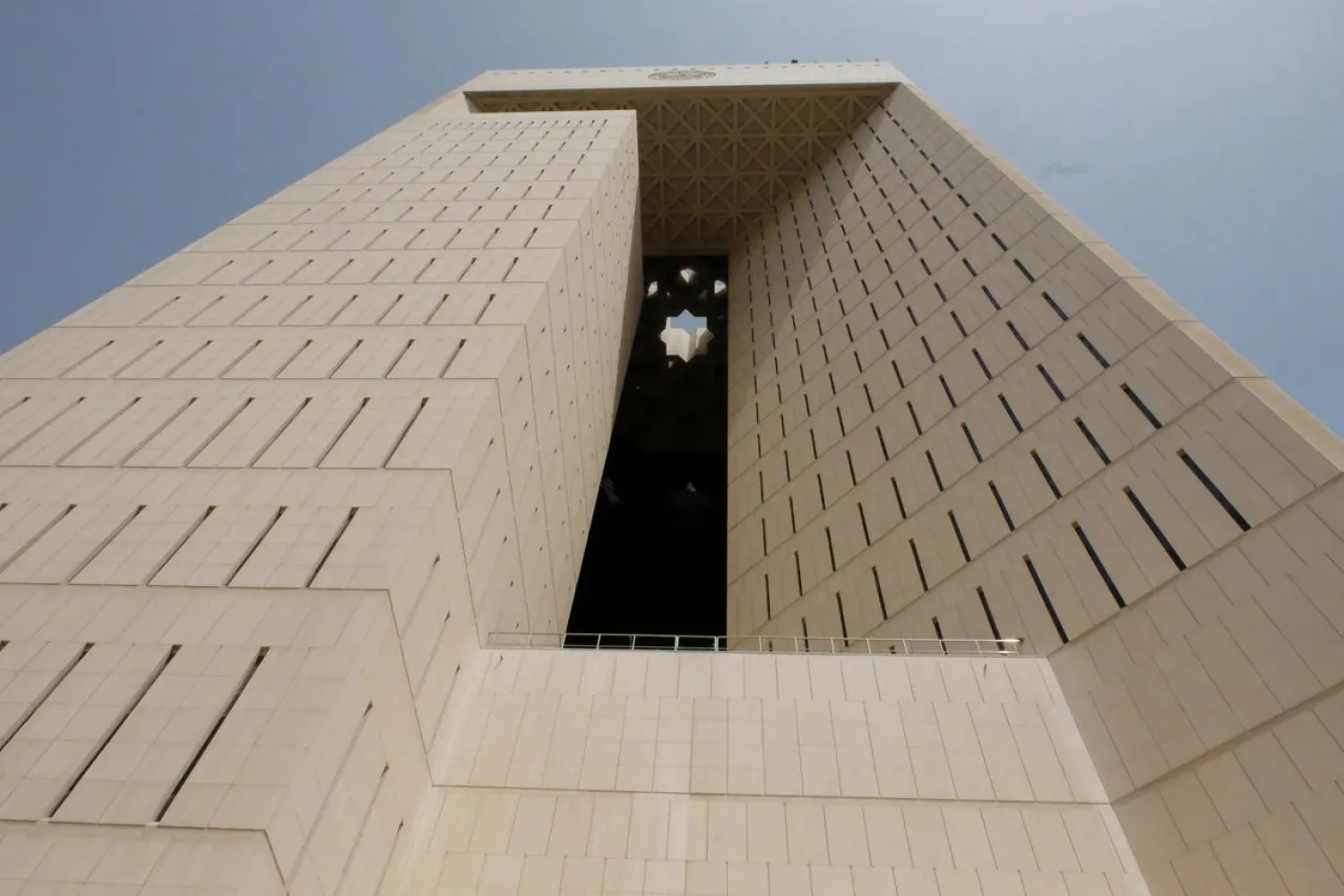The Islamic Development Bank (IsDB) has announced that the approved funding by all branches exceeded USD21.72 billion in 2018.
IsDB President Dr. Bandar Hajjar announced during a news conference, marking the release of the 2018 Annual Report on the occasion of the 44th Annual Meeting in Marrakesh, that a total of 91 financing agreements were signed in Marrakesh with member countries.
In 2018, the three development financing members of the Group (IsDB, ICD, and ITFC) all together approved a total of USD7 billion, he added.
These development financing operations were targeted to provide critical enablers for the economic transformation of 57 member-countries as their road to achieving the Sustainable Development Goals (SDGs).
Hajjar added that IsDB funding for the member countries since its establishment 44 years ago exceeded USD138 billion – Morocco’s stake totaled USD7 billion. He continued that 2018 was known for launching several new funds.
Mohamed Benchaaboun, IsDB Governor and Minister of Economy and Finance, said that this edition of the bank’s meetings coincides with the beginning of a new strategy focused on supporting member countries integration with global value chains.
Benchaaboun clarified that Morocco has all the required components to get involved in the new strategy of the bank, therefore Morocco is the first country to sign an agreement within this framework – covering 2019-2022.









